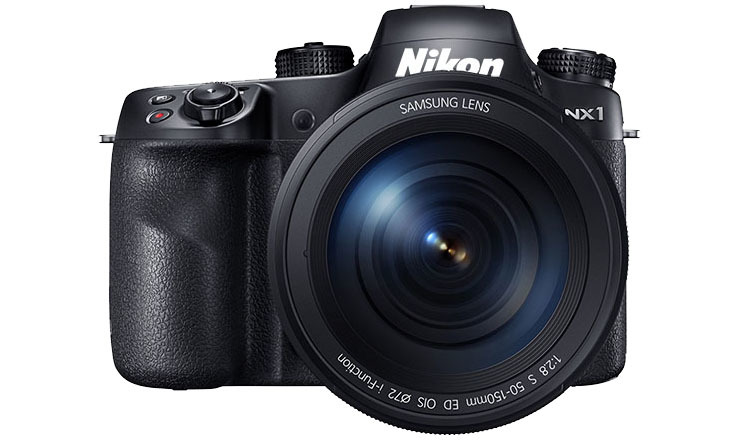Nikon intends to acquire Samsung NX technology

In the IT world, there are rumors that one of the world leaders in the production of optics Nikon has acquired NX technology developed by the Korean company Samsung. According to the online portal PetaPixel, this event can turn upside down the digital camera industry.
It's no secret that Samsung leaves the market for mirrorless digital cameras. The company has officially stopped supplying cameras to some European countries. Such actions on the part of Samsung could not but bewilder both the followers of the brand and the analysts, because the company entered the mirrorless market rather vigorously, and its last two cameras had great success with buyers. Say what you like, but there should be a logical explanation ... According to rumors, the reason for Samsung to leave this market segment may be the fact that the technology was sold to the Japanese giant Nikon.
There is information that already at the beginning of next year, Samsung plans to unveil this deal at the annual International Consumer Electronics Show (CES), which will be held in January (unless, of course, all this ultimately turns out to be true).
How can Nikon NX technology be useful? With her, the company could develop its own professional mirrorless cameras. Probably, the technology will be finalized in accordance with the vision of the company's management and engineers. Previously, the Japanese titans Nikon and Canon lagged behind in pursuit of innovations that can be used to develop the growing sector of mirrorless digital cameras, which is growing at a tremendous speed. And it would be logical to assume that both companies are looking for their competitive solutions and are developing their own technologies for mirrorless ones, in order to fight Sony, which is ahead of them in this segment. Such a deal could serve as a signal that the companies' intentions are very serious, and the world of cameras will soon change, and Sony will have a serious competitor in the segment of mirrorless digital cameras.
